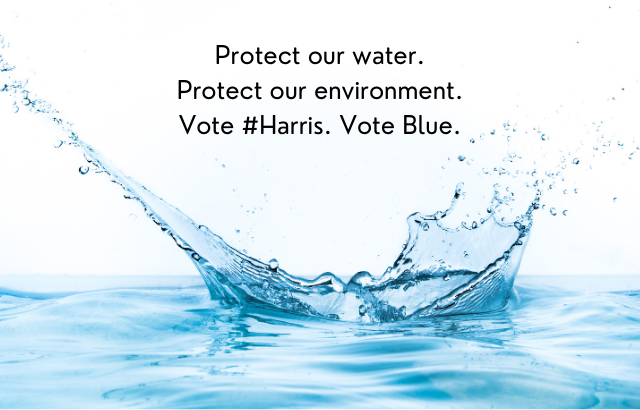
Footpath though Epping Forest, in Epping Upland, Essex. Credit: geograph.org.uk.
A new study, “Global Atmospheric Methane Uptake by Upland Tree Woody Surfaces,” reveals a previously under-appreciated ally in our environmental arsenal: upland trees. Known for their ability to sequester carbon dioxide, trees are now also recognized for their significant role in absorbing atmospheric methane, a potent greenhouse gas. This new understanding helps our approach to forest conservation and climate change mitigation.
What are Upland Trees?
Upland trees are defined as trees that thrive in well-drained soils, typically found in areas where excess water from rain can quickly drain away, preventing waterlogged conditions. Unlike their counterparts in wetlands, upland trees are not subjected to prolonged periods of standing water, which significantly influences their ecological roles and physiological functions.
The Role of Upland Trees in Methane Absorption
These Trees have a unique symbiotic relationship that enables them to absorb methane from the atmosphere than they emit. The well-drained soils acts as an enabler for the net sink of atmospheric methane. Unlike their wetland counterparts that release methane, upland trees utilize methanotrophic bacteria that live on their bark and within their tissues.
Methanotrophy: Nature’s Methane Filter
Methanotrophy, the process through which these bacteria metabolize methane, turns tree bark into an effective filter for this harmful greenhouse gas. The study notes that the higher parts of the tree, away from the methane-producing soil, exhibit a stronger uptake, suggesting that the trees’ own structure facilitates this environmental benefit.
Implications for Global Methane Budgets and Climate Strategies
The findings of this study have implications for our global methane budgets and strategies aimed at mitigating climate change. By quantifying the role of trees in methane dynamics, the research provides a piece of the puzzle in understanding the global methane cycle. This could lead to improved climate models and more effective strategies for managing forest ecosystems.
Enhancing Climate Benefits through Forest Conservation
The dual role of upland forests in sequestering carbon and absorbing methane underscores the added climate benefits of forest conservation and reforestation efforts. Protecting these ecosystems could be more beneficial than previously understood, offering a natural solution to reducing greenhouse gases in the atmosphere.
Call-to-Action: Integrate the Role of Upland Trees in Methane Absorption Into Conservation Policies
This pioneering study invites policymakers, environmentalists, and the global community to rethink current strategies for climate change mitigation. Integrating the role of upland trees in methane absorption into conservation policies could enhance the effectiveness of these efforts, providing a cost-effective way to combat global warming. As we continue to uncover the multifaceted roles of forests in climate regulation, it becomes clear that preserving our natural environments is more crucial than ever.
Embracing the insights from this research could catalyze a shift in how we perceive and manage our forest resources, turning upland areas into valuable allies in the fight against climate change. With enhanced policies and a renewed focus on these ecosystems, we can harness the full potential of our forests to safeguard our planet for future generations.


